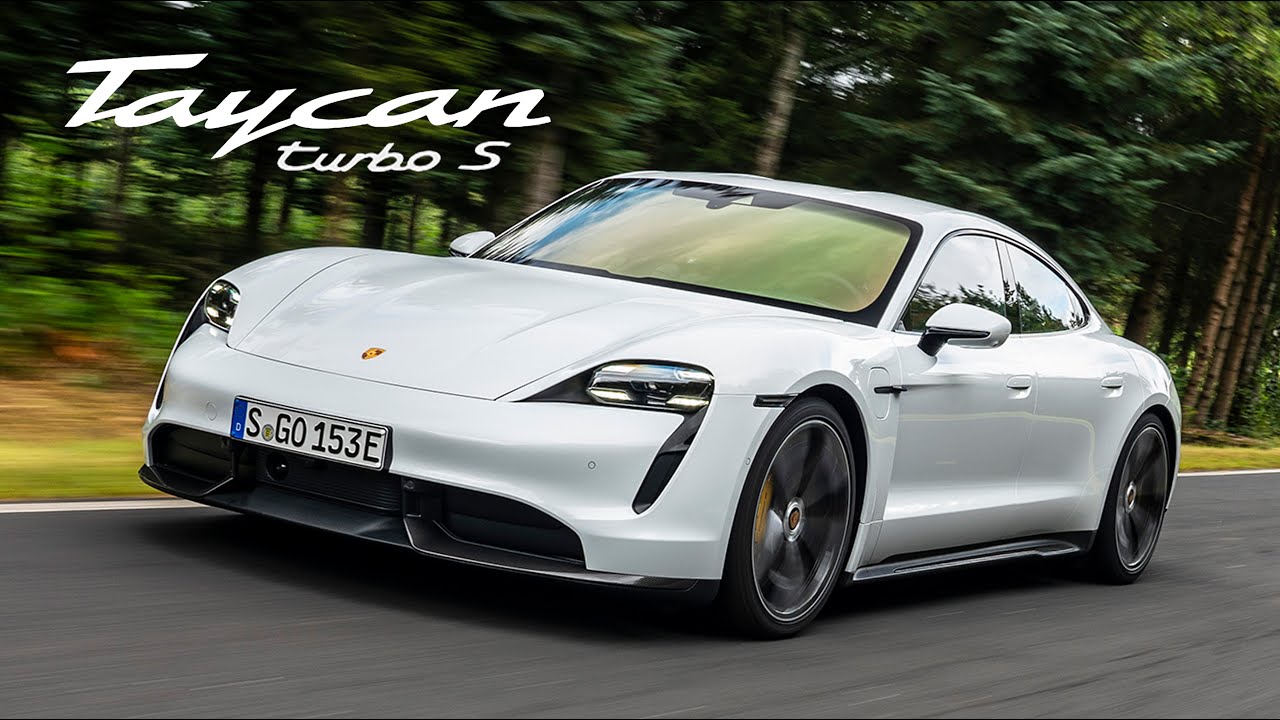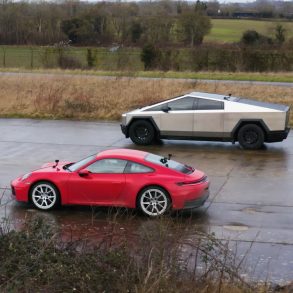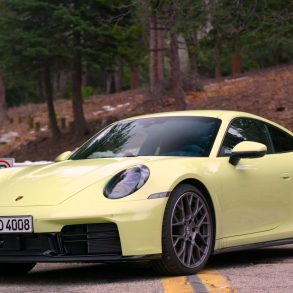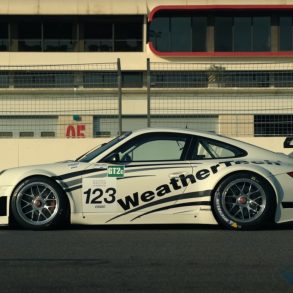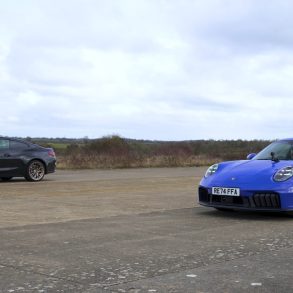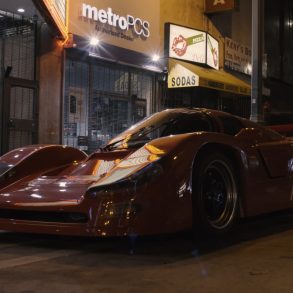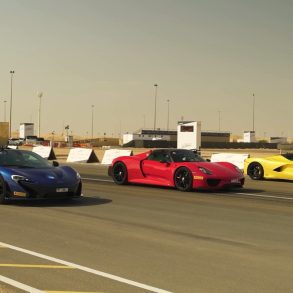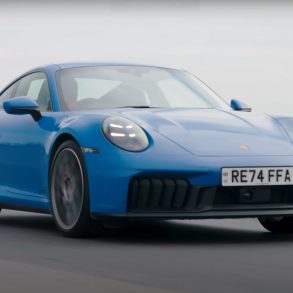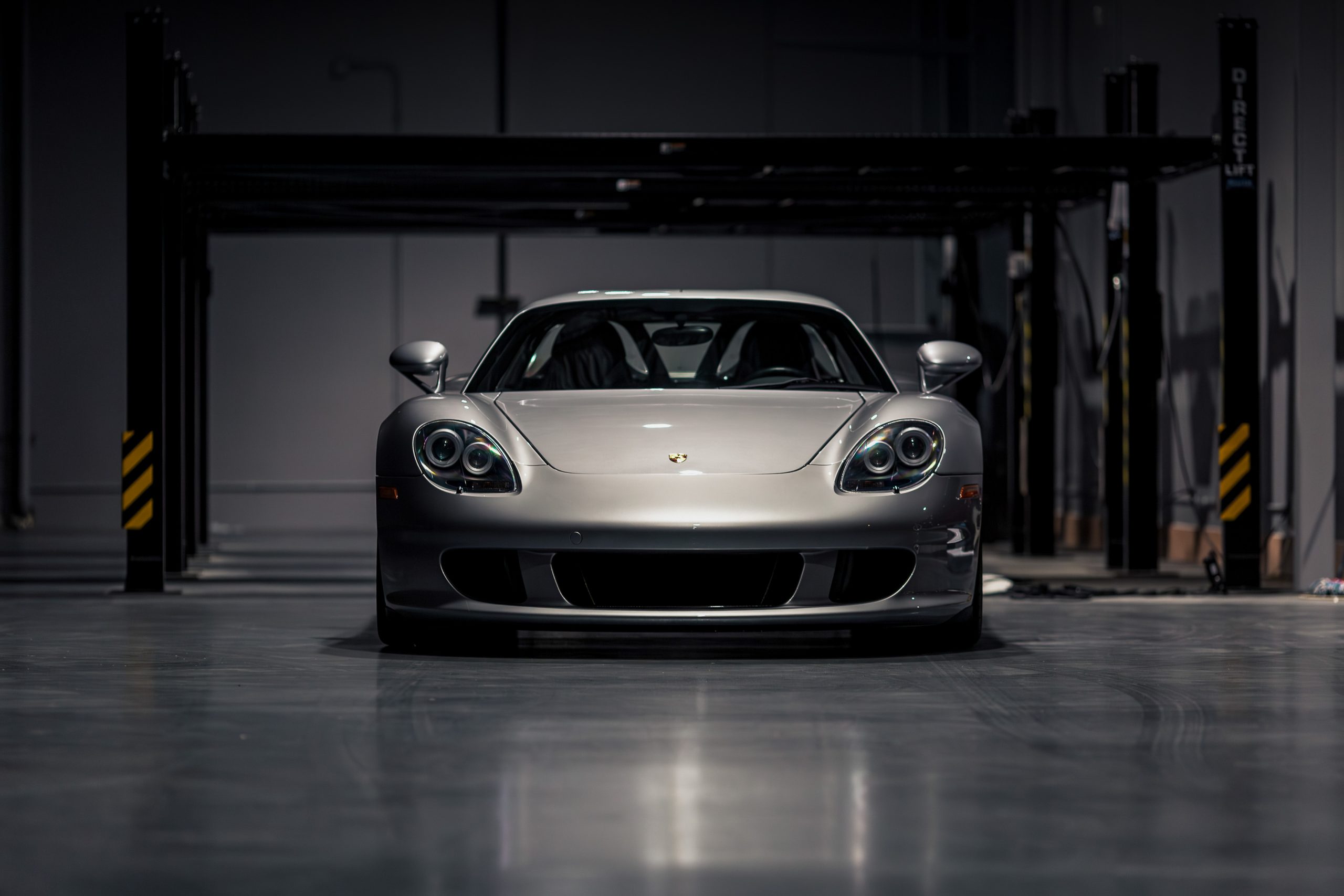Carfection Reviews the Porsche Taycan Turbo S
Has there been a more anticipated Porsche in modern history? More desirable? Sure, I think most folks would rather take home a Porsche 918 than this electric Taycan, but all the buzz and chatter about that car and its relative position within the then-Holy Trinity of hypercars doesn’t begin to approach the anticipation that’s been brewing since the Taycan was still a sultry prototype called the Mission E.
The volume of that buzz has only been increasing as the EV performance wars have intensified, battlefields spreading to engulf fabled racetracks: California’s Laguna Seca on one side of the world and, on the other, the spiritual home of performance pissing contests: Germany’s Nurburgring.
It’s been a fun (if extended) ride to get here, but it’s time to move on past all that speculation because I’ve finally had a day behind the wheel of a fully production-spec Taycan. That’s not enough time to do a full review and readily compare all its merits with those of competition like Tesla’s Model S. However, it is enough time for me to confidently say that the Taycan Turbo is very, very good — but not without a few significant flaws.
As is the fashion today, the Porsche Taycan is built around a skateboard-style battery pack built into what makes up the floor of the chassis. However, the Taycan is distinctive for a pair of what Porsche calls “foot garages.” These two cutouts within the battery allow for lower rear seats, providing enough headroom for a 6-foot guy like me to squeeze into the back, albeit with no headroom to spare.
The Taycan Turbo and Turbo S also rely on a pair of motors, one at the front and one at the rear, again a common layout shared with cars like the Tesla Model S. However, Porsche augments this with a two-speed transmission at the rear, the car noticeably upshifting under acceleration, usually somewhere around 50 mph. This shift, Porsche’s engineers say, allows short gearing to accelerate hard off the line, while also providing greater torque on the highway, an area where many EVs struggle.
How much acceleration? It’s 2.6 seconds from 0 to 60 mph for the Taycan Turbo S, the non-S getting it done in a still-spine-cracking 3.0 seconds. Interestingly, though, that’s about the only time you’ll tell the difference between the two, as both the Taycan Turbo and Turbo S rely on the same motors and 93-kilowatt-hour battery. It’s just the circuitry in between that differs, enabling the Turbo S to “overboost” to 750 horsepower in launch control. The Turbo puts down 670 hp in that condition. The rest of the time, both cars make do with a mere 616 hp.


